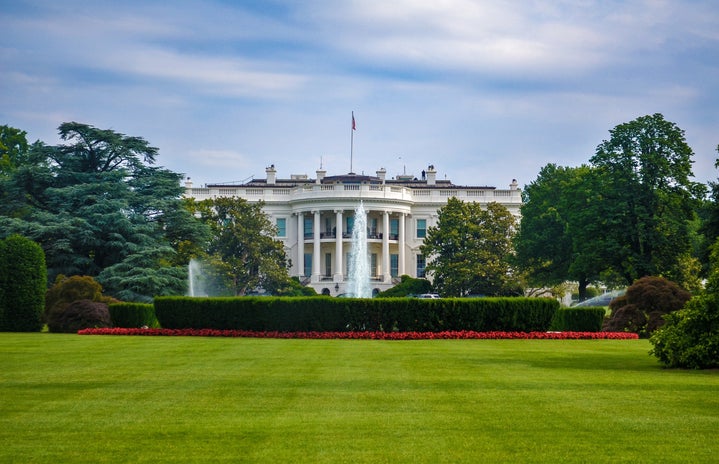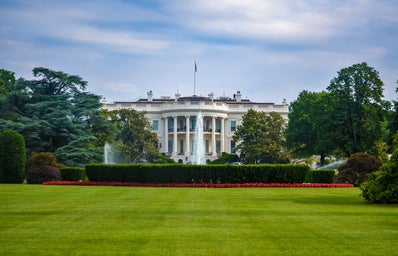Saturday, January 28, 2017 was National Holocaust Remembrance Day. On Friday, January 27, Donald Trump authored an executive order that banned all Muslim refugees from Syria from entering the United States. On Holocaust Remembrance Day, Muslim refugees were detained in airports across the country and were told they were being sent back and that they were not welcome here. Over 50 years ago, the same thing happened to Jews traveling to the United States on the St. Louis. The boat was not allowed to dock and was sent back to Europe. It had 900 passengers. 236 of them were killed during the Holocaust.
Every April for as long as I can remember, sitting around a table with my family, my uncle has said “Remember, we were strangers in the land of Egypt and strangers in every land.” My uncle’s parents survived Auschwitz. My great great grandfather was tied to the back of a horse and dragged through the streets by the pogroms until he was killed. My great grandmother fled Russia in the bottom of a hay waggon. I know people who hid from the Nazis in attacks. Because we were strangers in the land of Egypt and strangers in every land. But strangers make the best leaders—they know what it is like to suffer under the fist of the powerful. Some scholars have argued that the Jews were made to suffer so long in order that they might learn what true leadership looks like. What I see in my country today is not true leadership. What I see in my country today is cowardice and fear. I remember what happened to the more than 20,000 Jews who were denied entry to this country in the late 1930s. I remember the gas chambers, the smoke-filled skies. I remember the Jews turned away from nearly every country, including the United States, after the war. Today, I see the injustices that were done to my family being done to thousands of families across the globe.
But, unlike over a half century ago, I see people speaking out against these injustices around the globe. Protests at airports, in front of capitol buildings, and offices of prime ministers and presidents in America and in Europe. A dissent letter signed by over 1,000 members of the United States Department of State, signaling unprecedented disapproval of an administration’s position on foreign policy. The most recent dissent letter was sent to then Secretary of State John Kerry this past fall protesting the lack of US intervention in Syria, boasted 50 signatures. Armies of citizens, holstering posters rather than guns, have taken to the streets to stand up for the world’s most vulnerable people.
After World War II, the international community decided that protecting refugees was a moral imperative. We used to believe that we had a moral obligation to help those fleeing persecution. But now, we only have a moral obligation to help Christians fleeing persecution. There should be no hierarchy of aid. All human life is invaluable. “Remember that you too were a stranger in a strange land,” I hear my uncle saying. “Never forget that you are here because of the kindness of others.”

